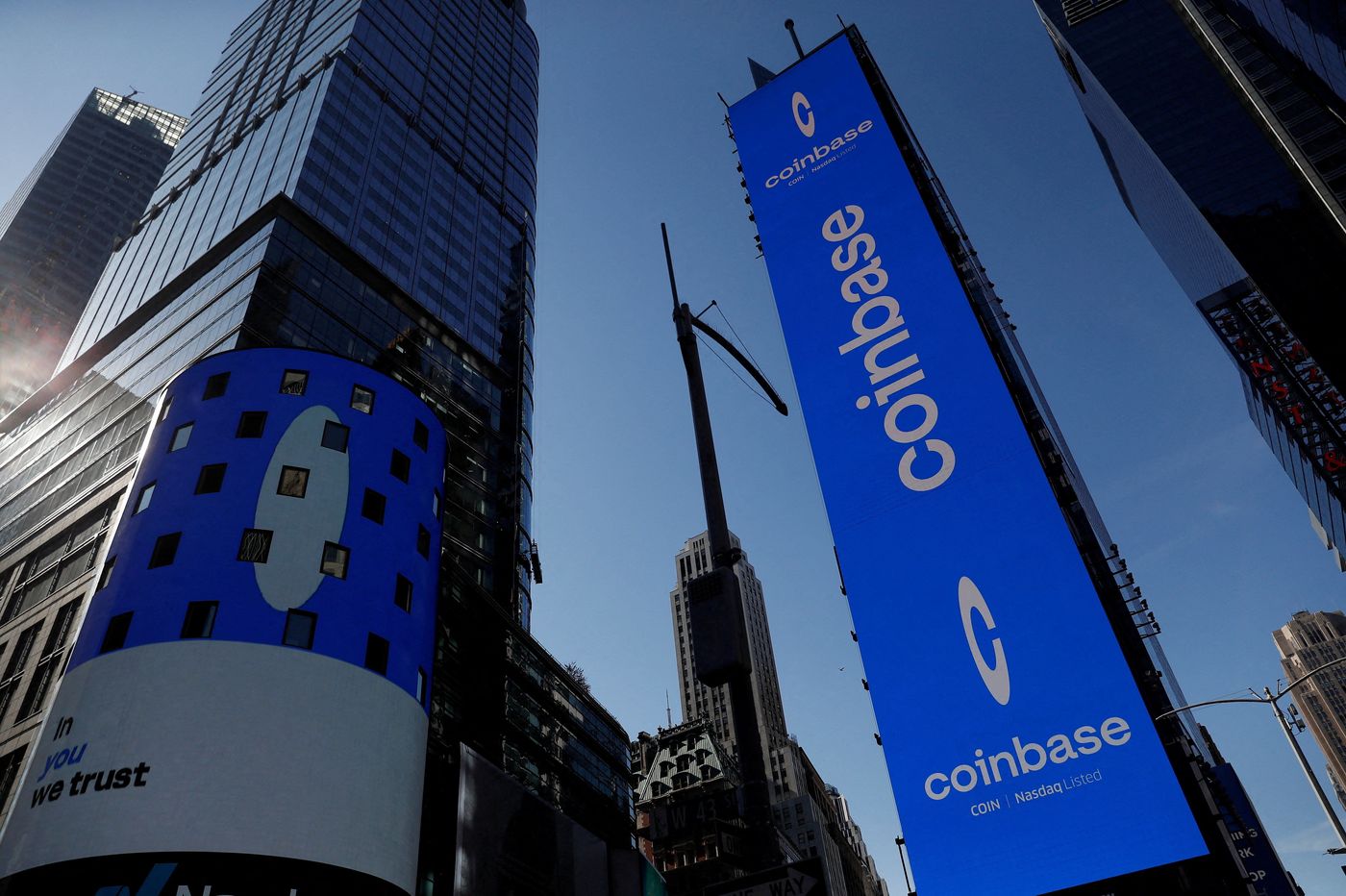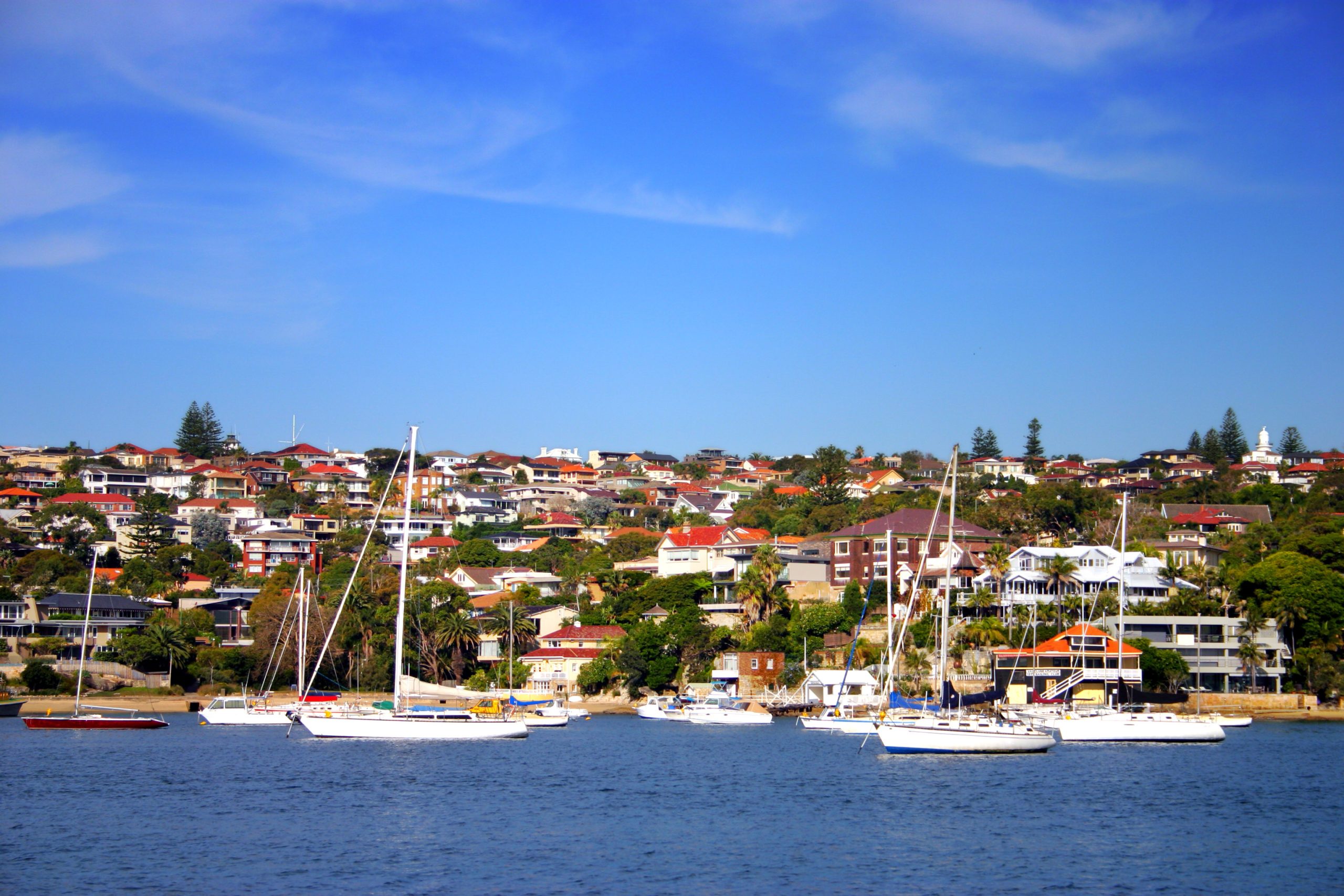Bitcoin Demand Booms in Ukraine And Russia
The cryptocurrency has been trading at a premium against the Ukrainian hryvnia.
The Russian invasion of Ukraine has driven demand for cryptocurrencies in both countries, helping boost the price of bitcoin.
Bitcoin has been trading at a premium against the Ukrainian hryvnia on a number of exchanges, both globally and locally, a sign of high demand. On Binance, the largest exchange in the world, bitcoin was trading for the equivalent of $47,300 in hryvnia terms. On Kuna, the largest exchange in Ukraine, it was at US$46,955, and had traded as high as US$51,240.
In U.S. markets, bitcoin was recently trading at US$43,895, up about 15% since Monday morning, according to data from CoinDesk.
On Binance, there has been a surge in trading volume of bitcoin in exchange for rubles since just before Russia’s invasion began. Between Feb. 20 and 28, about 1,792 bitcoins exchanged hands in the ruble/bitcoin trading pair, compared with only 522 in the nine days before that, according to data on Binance.
Western sanctions have effectively cut Russia off from the global financial network, and Ukraine has imposed strict capital controls.
Crypto is popular in Ukraine and Russia. Ukraine ranked fourth on a global adoption index created by analytics firm Chainalysis. A Russian government report estimates that there were more than 12 million cryptocurrency wallets held by Russian citizens with about 2 trillion rubles, equivalent to about $20 billion.
“The situation in Ukraine has brought to light the value of bitcoin as an alternative monetary network,” said Timo Lehes, the co-founder of trading platform Swarm Markets.
A demand-driven rally specific to bitcoin is a break from its recent pattern, which has been to trade in line with risk assets like tech stocks.
Bitcoin’s rally this week wiped away losses for February. Most other cryptocurrencies were higher as well. Ether was up 8.1%. XRP was up 4.9%. Avalanche was up 9.7% and Cardano was up 7%.
On Tuesday, the tech heavy Nasdaq Composite Index fell 1.2%.
Because bitcoin trades 24-hours a day, in some cases it has been leading risk assets, not just following.
Last Wednesday, when Russian President Vladimir Putin announced his invasion of Ukraine, U.S. equities markets were closed. Bitcoin fell about 6% overnight, then rallied 13%. On Thursday, U.S. stocks closed slightly higher after a day of wild trading.
Bitcoin dropped almost 9% from the afternoon of Friday, Feb. 18, through the evening of Monday, Feb. 21, amid news of the worsening crisis in Ukraine. U.S. stock markets, closed on Monday for a holiday, didn’t get a chance to react to the news until Tuesday. When they did, the major indexes all lost more than 1%.
Attention has also fallen on cryptocurrencies for their potential to be an outlet for Russians trying to get around sanctions. While cryptocurrencies themselves haven’t been part of the sanctions, the White House has been considering adding them.
On Twitter on Sunday morning, Mykhailo Fedorov, Ukraine’s vice prime minister requested cryptocurrency exchanges block Russian accounts. “It’s crucial to freeze not only the addresses linked to Russian and Belarusian politicians, but also to sabotage ordinary users.”
Ukraine’s Mr. Fedorov didn’t make clear if the request was personal or one on behalf of the government. An attempt to reach him wasn’t successful.
Crypto exchanges largely demurred from enacting any voluntary restrictions in Russia.
Binance said it would not be doing a blanket ban but that it was taking action against those sanctioned by Western countries. Exchanges Coinbase, Kraken and KuCoin also said they wouldn’t be freezing Russian accounts without sanctions or legal requirements to do so.
“We try our best to protect human rights and asset security,” said KuCoin’s Chief Executive Johnny Lyu. “Actions that increase the tension to impact the rights of innocent people should not be encouraged.”
Crypto exchanges regularly comply with court orders and legal requests for data on its users, the same as regulated banks. There was no hint that the Ukrainian government, either alone or in concert, was going to take legal steps to require blocking Russian users.
On the technical side, exchanges have improved their infrastructure over the past several years and would be able to implement these sanctions if required, said Jack McDonald, the chief executive of PolySign, which makes crypto-assets storage software for exchanges and other custodians.
The exchanges have the ability to monitor accounts and transactions, and even know where the deposits are coming from. Funds from known hacks, for example, can and are blacklisted.
“It’s going to prove to be hard for Russia to evade sanctions using bitcoin,” Mr. McDonald said.
Even so, blocked users would still be able to find unregulated exchanges or even more opaque marketplaces for buying and selling their cryptocurrencies.
Part of Western sanctions included cutting Russia off from the Swift network, a bank-owned consortium that handles millions of daily payment instructions.
Western sanctions and restrictions are “bolstering the argument for blockchain products that will compete with the SWIFT network,” said Oanda analyst Edward Moya.
Investors are buying now, he said, in anticipation of an investment wave predicated on building those products.
Reprinted by permission of The Wall Street Journal, Copyright 2021 Dow Jones & Company. Inc. All Rights Reserved Worldwide. Original date of publication: March 2, 2022.
 Copyright 2020, Dow Jones & Company, Inc. All Rights Reserved Worldwide. LEARN MORE
Copyright 2020, Dow Jones & Company, Inc. All Rights Reserved Worldwide. LEARN MORE
This stylish family home combines a classic palette and finishes with a flexible floorplan
Just 55 minutes from Sydney, make this your creative getaway located in the majestic Hawkesbury region.
Continued stagflation and cost of living pressures are causing couples to think twice about starting a family, new data has revealed, with long term impacts expected
Australia is in the midst of a ‘baby recession’ with preliminary estimates showing the number of births in 2023 fell by more than four percent to the lowest level since 2006, according to KPMG. The consultancy firm says this reflects the impact of cost-of-living pressures on the feasibility of younger Australians starting a family.
KPMG estimates that 289,100 babies were born in 2023. This compares to 300,684 babies in 2022 and 309,996 in 2021, according to the Australian Bureau of Statistics (ABS). KPMG urban economist Terry Rawnsley said weak economic growth often leads to a reduced number of births. In 2023, ABS data shows gross domestic product (GDP) fell to 1.5 percent. Despite the population growing by 2.5 percent in 2023, GDP on a per capita basis went into negative territory, down one percent over the 12 months.
“Birth rates provide insight into long-term population growth as well as the current confidence of Australian families,” said Mr Rawnsley. “We haven’t seen such a sharp drop in births in Australia since the period of economic stagflation in the 1970s, which coincided with the initial widespread adoption of the contraceptive pill.”
Mr Rawnsley said many Australian couples delayed starting a family while the pandemic played out in 2020. The number of births fell from 305,832 in 2019 to 294,369 in 2020. Then in 2021, strong employment and vast amounts of stimulus money, along with high household savings due to lockdowns, gave couples better financial means to have a baby. This led to a rebound in births.
However, the re-opening of the global economy in 2022 led to soaring inflation. By the start of 2023, the Australian consumer price index (CPI) had risen to its highest level since 1990 at 7.8 percent per annum. By that stage, the Reserve Bank had already commenced an aggressive rate-hiking strategy to fight inflation and had raised the cash rate every month between May and December 2022.
Five more rate hikes during 2023 put further pressure on couples with mortgages and put the brakes on family formation. “This combination of the pandemic and rapid economic changes explains the spike and subsequent sharp decline in birth rates we have observed over the past four years,” Mr Rawnsley said.
The impact of high costs of living on couples’ decision to have a baby is highlighted in births data for the capital cities. KPMG estimates there were 60,860 births in Sydney in 2023, down 8.6 percent from 2019. There were 56,270 births in Melbourne, down 7.3 percent. In Perth, there were 25,020 births, down 6 percent, while in Brisbane there were 30,250 births, down 4.3 percent. Canberra was the only capital city where there was no fall in the number of births in 2023 compared to 2019.
“CPI growth in Canberra has been slightly subdued compared to that in other major cities, and the economic outlook has remained strong,” Mr Rawnsley said. “This means families have not been hurting as much as those in other capital cities, and in turn, we’ve seen a stabilisation of births in the ACT.”
This stylish family home combines a classic palette and finishes with a flexible floorplan
Just 55 minutes from Sydney, make this your creative getaway located in the majestic Hawkesbury region.






















